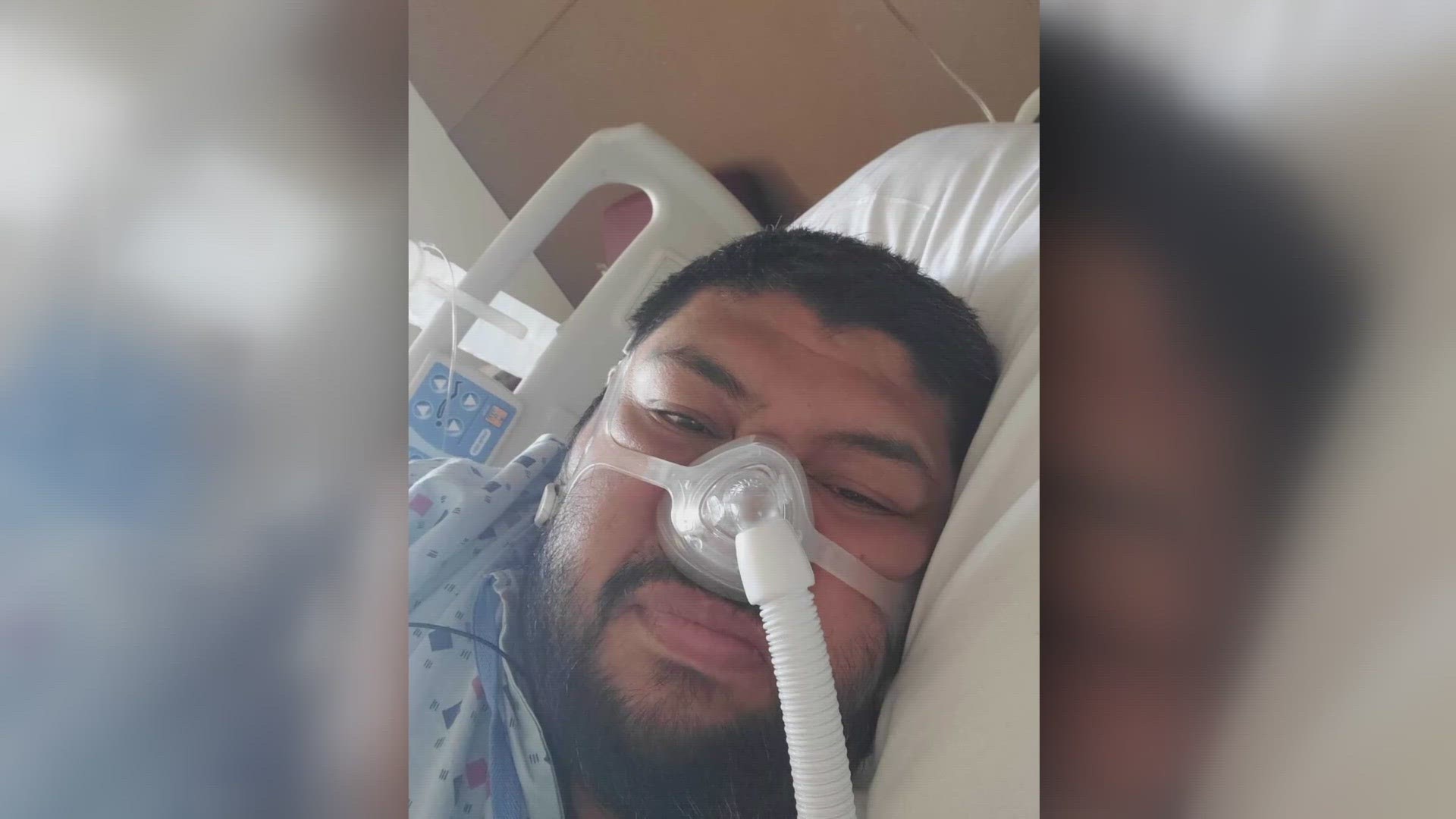PHOENIX — Ricardo Aguirre is cooking again. With every tamale and taco, it means his family business is still alive.
"Sure enough, three years later, we are here,“ Aguirre said.
The Aguirre family catering and food truck business collapsed when the pandemic hit. Then nearly the entire family got sick.
“Coincidentally, yesterday marks the three-year anniversary since we were in a hospital," Aguirre said.
Aguirre and most of his family were hospitalized by the virus. COVID killed five family members, including his dad.
"I went into depression," Aguirre said.
After a long road back, his business is running near pre-pandemic levels. Life is looking up as the public health emergency created to fight COVID-19 ends Thursday.
RELATED: The COVID public health emergency ends Thursday. How does it affect you?
Over the course of three years, Arizona saw more than 2.4 million cases, more than 100,000 hospitalizations, and 33,000 deaths.
The pandemic saw businesses close and graduations canceled. Views on how the pandemic was handled often were split along ideological lines.
"Some people are going to look back and do look back and say this was fake. That it didn’t happen, and they made this up," Former Arizona Director of Public Health Will Humble said.
"Others think that this was a real tragic loss of life and that for some simple interventions or decisions that would have been made differently, not as many people would have died."
Were we ready?
"There is no single answer to the question 'were we ready?'" Humble said.
Humble said fighting COVID was a complex issue. The policy had to be developed in real-time to combat a disease that researchers were still learning more about.
State by state, decisions were made that led to various results.
"I think looking at these 50 laboratories that we call states, that made different decisions, governors made different decisions, and they had different outcomes," Humble said.
Humble was critical of some of the decisions Governor Doug Ducey made during the pandemic. Humble said a lack of restrictions on restaurants, bars, and nightclubs around the holidays and after the first wave of the pandemic helped spread the virus.
"It was the decision just before the summer of 2020 and the decisions right after Thanksgiving in 2020," Humble said.
Nationally, Humble praised the Trump Administration for streamlining the developmental process of a vaccine.
"The Trump Administration aced the vaccine. They made decisions within the Department of Health and Human Services, they called it warp speed, they made really good decisions every step of the way," Humble said.
Vaccines were distributed nationwide within a year of the first reported COVID case on U.S. soil.
Although Humble fears the former president's unwillingness to fully embrace the vaccine may have led to many people not getting the shot.
Up to Speed
Catch up on the latest news and stories on the 12News YouTube channel. Subscribe today.

